The best way to learn arabic
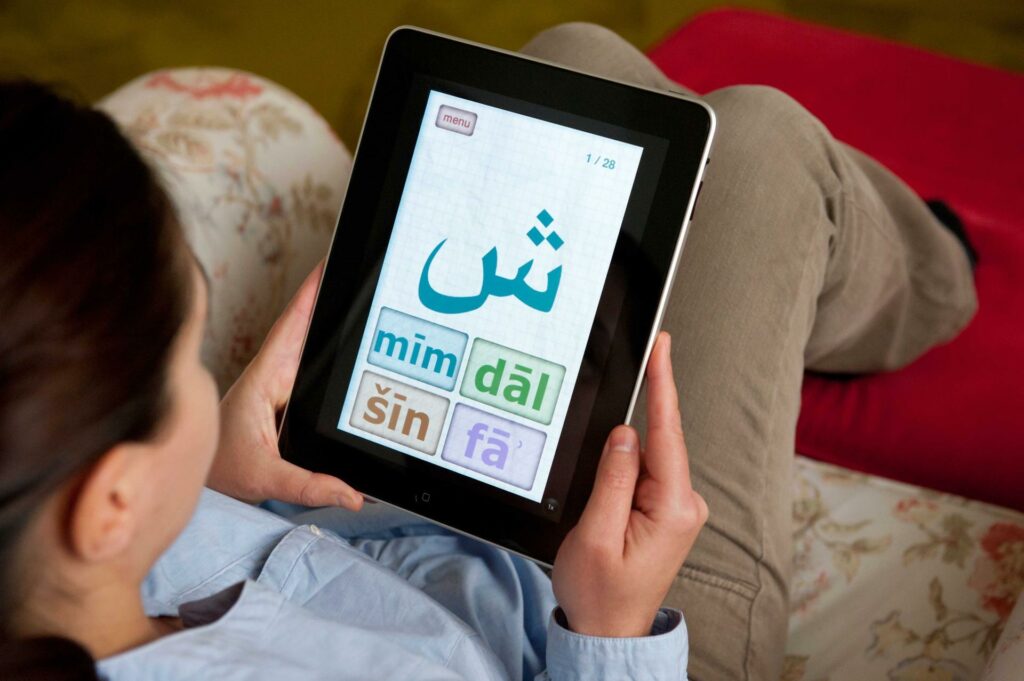
The best way to learn arabic Learning Arabic is more than just acquiring a new language; it’s an invitation to explore a rich and diverse culture that spans continents and centuries. With its deep roots in history, philosophy, and literature, Arabic opens doors to understanding not only the language itself but also the values, traditions, […]
online Arabic courses and one-to-one classes

Exploring Online Arabic Courses and 1-to-1 Classes: A Comprehensive Guide In today’s interconnected world, learning a new language has become more accessible than ever. Arabic, with its rich cultural and historical significance, is an increasingly popular choice for language learners. Online Arabic courses and one-to-one classes offer flexible and personalized learning experiences. This article explores […]
How to Memorize the Quran Quickly for Beginners
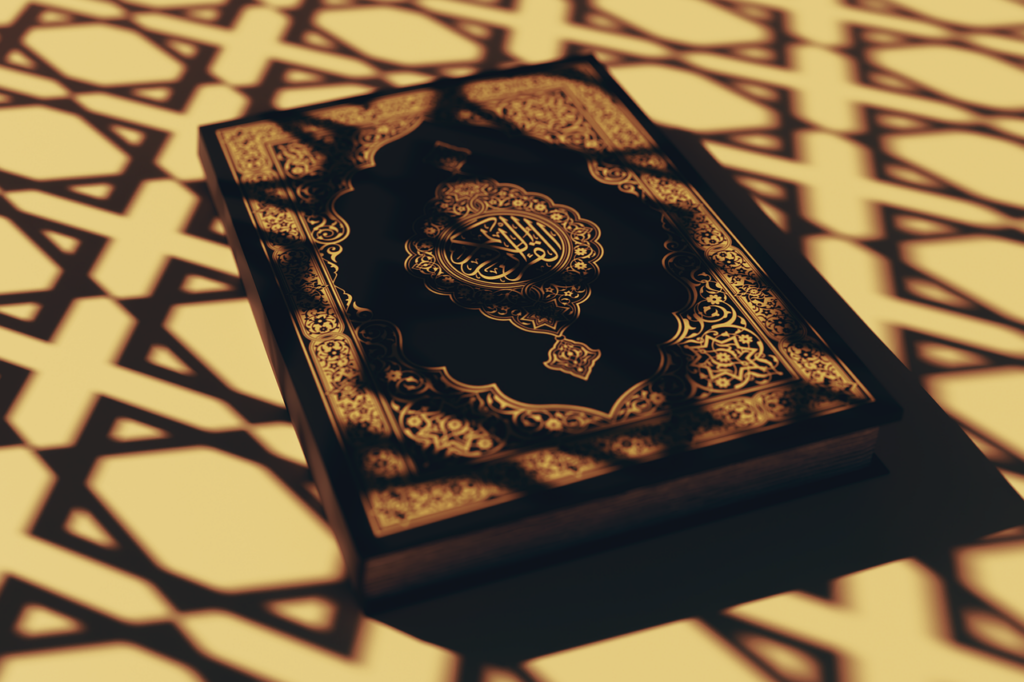
How to Memorize the Quran Quickly for Beginners Memorizing the Quran is a noble endeavor for Muslims, providing spiritual growth and a deeper connection to their faith. For beginners, the journey may seem daunting, but with the right strategies and resources, it can be both manageable and fulfilling. This article explores effective techniques to memorize […]
Revising the Surahs of the Quran: Effective Techniques

Effective Techniques for Revising the Surahs of the Quran Daily Regular revision of the surahs of the Quran is an essential practice for any Muslim committed to learning the Holy Book. While memorization is a fundamental first step, it is not sufficient on its own. Indeed, without revision, the memorized verses risk gradually fading from […]
Mawlid Nabawi: Reflecting on the Prophet Muhammad’s Birthday
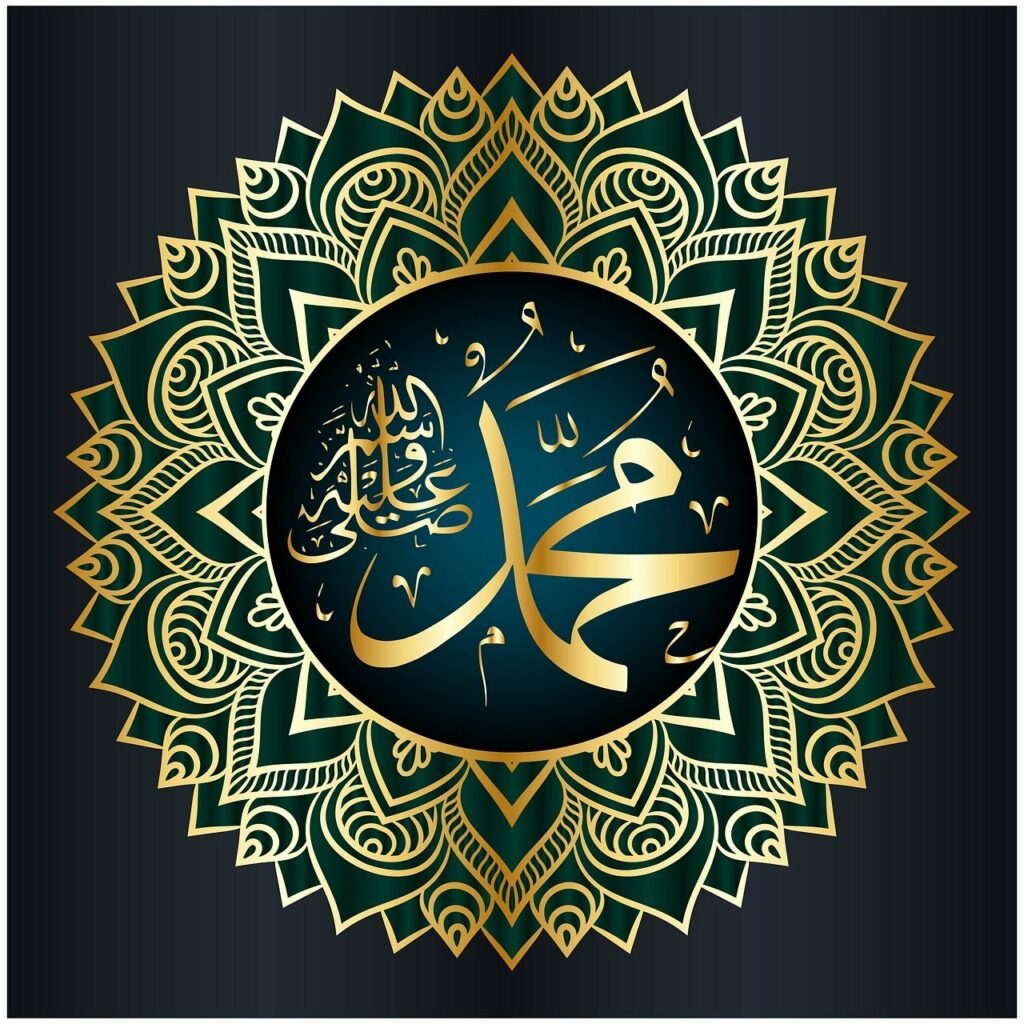
Mawlid Nabawi: Reflecting on the Prophet Muhammad’s (pbuh) Birthday – Origins, Controversies, and Alternatives Introduction Mawlid Nabawi, the celebration of the Prophet Muhammad’s (peace be upon Him) birthday, holds significant importance for many Muslims around the globe. This event, commemorating the Prophet’s birth, is steeped in diverse and profound traditions. However, it also sparks considerable […]
What Are The Points of Articulation(Makharij al-Huruf) ?
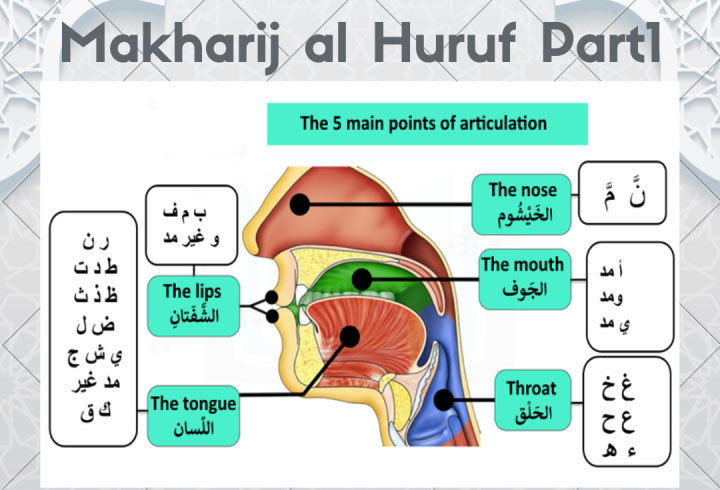
What Are The Points of Articulation(Makharij al-Huruf) ? The points of articulation (makharij) are defined as the specific locations within the vocal tract—such as the mouth, throat, and nasal passage—where the airflow is modified to produce distinct speech sounds. Each Arabic letter has its distinct makhraj, Identifying the exact Makhraj is important for proper tajweed […]
Duties of parents towards their child in islam

Duties of parents towards their child in Islam In Islam, the duties of parents towards their child are of paramount importance and are outlined comprehensively in both the Quran and Hadith. These duties are considered a sacred trust, and fulfilling them is essential for the spiritual, moral, and physical well-being of the child. This article […]
Learning How to Pray in Islam in Arabic

Learning How to Pray in Islam in Arabic Introduction Prayer, or Salah, holds a central position in Islam, serving as a means of communication between the believer and their Creator. It is a ritual of spiritual significance, providing a pathway to connect with Allah and seek His guidance, mercy, and forgiveness. Learning how to perform […]
The Hanafi Madhhab: Principles and Practices in Islamic

the Hanafi Madhhab: Principles and Practices in Islamic Introduction: In the rich tapestry of Islamic jurisprudence, or fiqh, the Hanafi school of thought holds a prominent place. Named after its founder, Imam Abu Hanifa, this madhhab (school of thought) has flourished over centuries, offering a unique approach to understanding and interpreting Islamic law. In this […]
What Is Umrah?
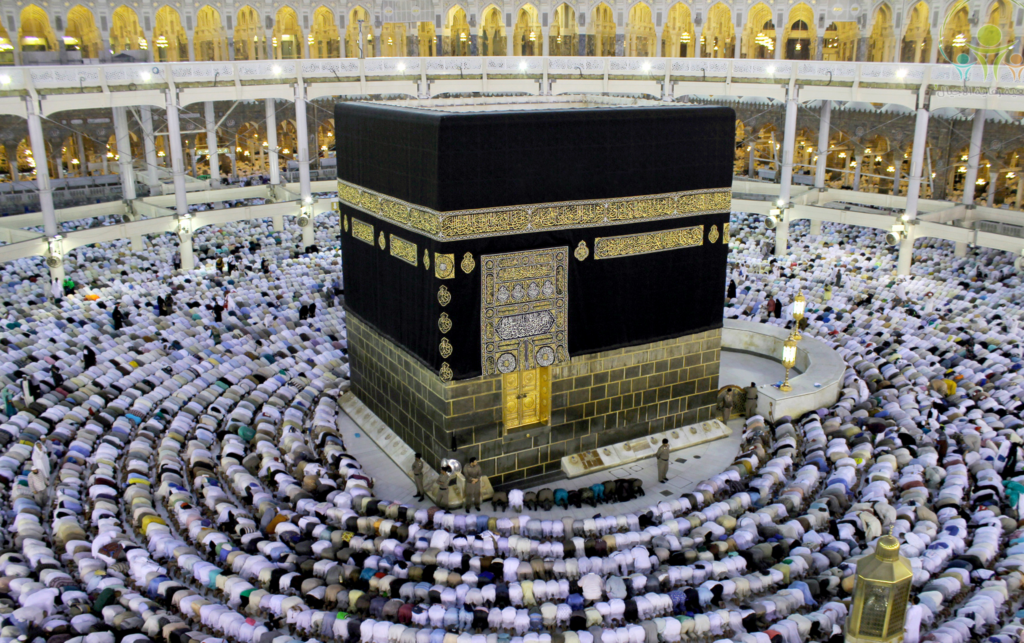
What Is Umrah? Umrah is an Islamic pilgrimage to Mecca, Saudi Arabia, that can be undertaken at any time of the year. It is often referred to as the “lesser pilgrimage” in comparison to Hajj, which has specific dates in the Islamic lunar calendar. Umrah is a significant act of worship and spiritual devotion for […]

